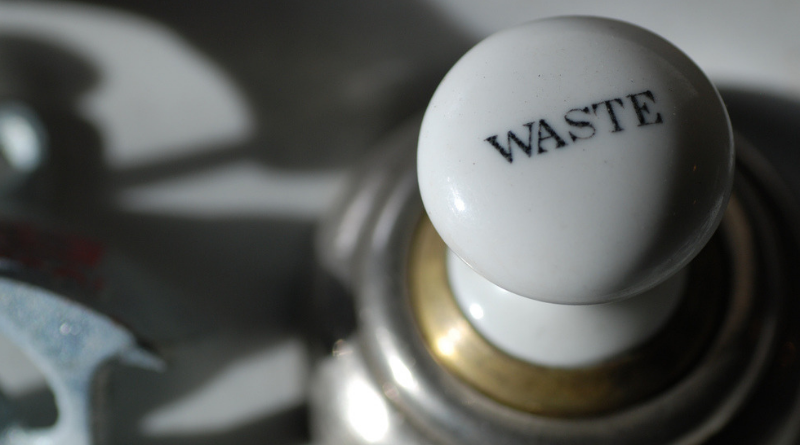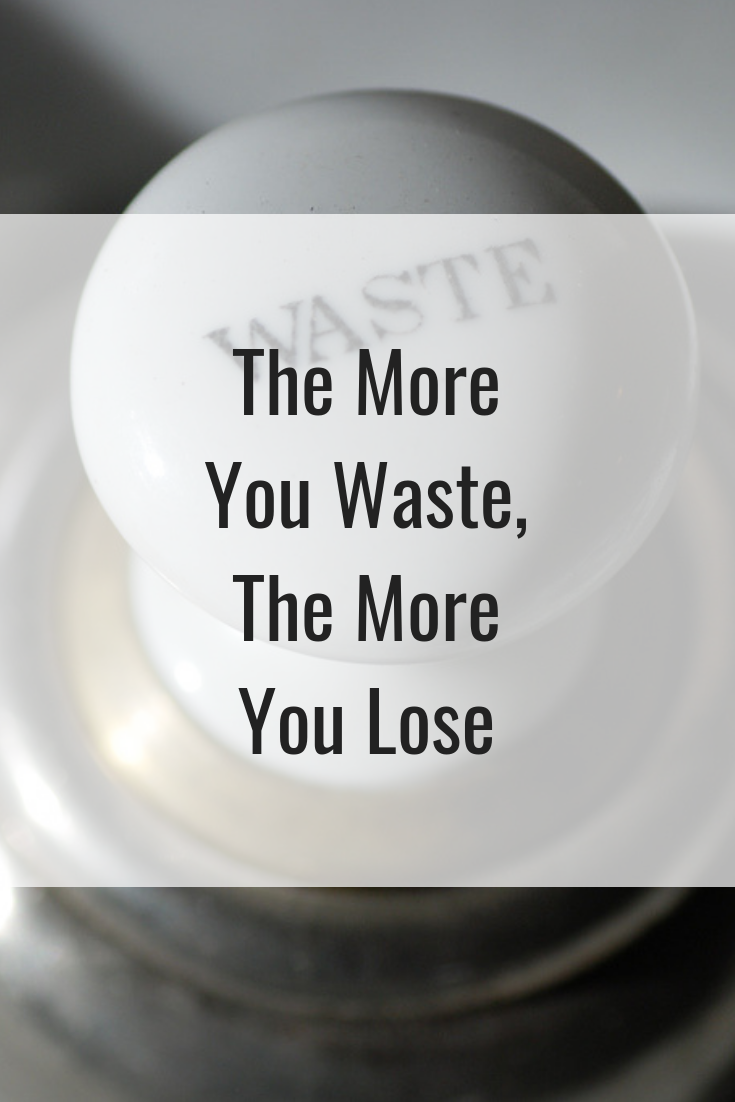Wastes. Most people are convinced that wastes are just another name for the food that rots at the back of the kitchen cupboard. But contrary to the common belief, there are more ways to waste at home than you might know.
Modern life and its sometimes harmful habits have created a waste culture that is so ingrained in your everyday routine that you might not even notice it’s there. You might even be shocked to learn that you too can occasionally produce wastes – whether these are mineral, financial or even spatial.
As a result, each time you create an unnecessary excess, you lose something precious – and you may not even know it!
It’s easy to assume that to stop wasting resources; you need to buy fewer items. But in reality, the process of generating a kind of waste is more complex that enthusiastic shopping habits. Consequently, you need to be more strategic to target it effectively. Here are some of the many ways your waste behavioural pattern affects your life.

Stop paying for space you don’t need
How much space does a person need to live safely and happily? This is a tricky question, and while there’s no jibe at the size of the British homes – which are among the smallest in Europe – it’s fair to say that most people need less space than they use.
In other words, downsizing is a profitable option to regain control of your finances. Indeed, you’ll notice an immediate drop in maintenance and energy costs, without mentioning you’ll find it easier to keep a small home tidy and clutter-free.
Similarly, unless you have a large family, you probably don’t need a big car. Small and fuel-efficient vehicles are a preferred choice for your wallet and the environment.
Clutter can be reused
Clutter has been part of human life since the beginning of time. Indeed, previous civilisations used to work with tinkers and crafters to transform their bric-a-brac into something useful. Nowadays, the habit lives on. Most people keep boxes filled with screws, nails, and tins in the garage, waiting for the day they might need any of it. In truth, you never do, but in the meantime, your collection accumulates dust until the day you decide to throw it away.
Instead of putting more pressure on the environment, you can actively recycle your unwanted junk with A & M Metals & Waste. Material like metal can be cleaned and reused, which can lower the overall cost of the end product. Additionally, it also ensures minimal impacts on the environment.
How much do your veggies cost?
Do you buy your vegetables directly from your favourite shop? Beans, broccoli, cauliflower, potatoes, cucumber, and many more come in plastic packaging. Plastic production and waste affect wildlife dramatically.
Produce transported over a vast distance to reach your grocery shop pollutes the oceans. Your inexpensive vegetables destroy the planet. Wouldn’t it be better for all to buy from local and trusted farmers who are less likely to damage wildlife? You might be limited to seasonal choices, but the planet can’t take any more waste.
Wastes are everywhere. In your home. At the shop. The way you throw away things you don’t need. It’s not only money you waste. It’s the planet at every step of the way.

This is a collaborative post.

